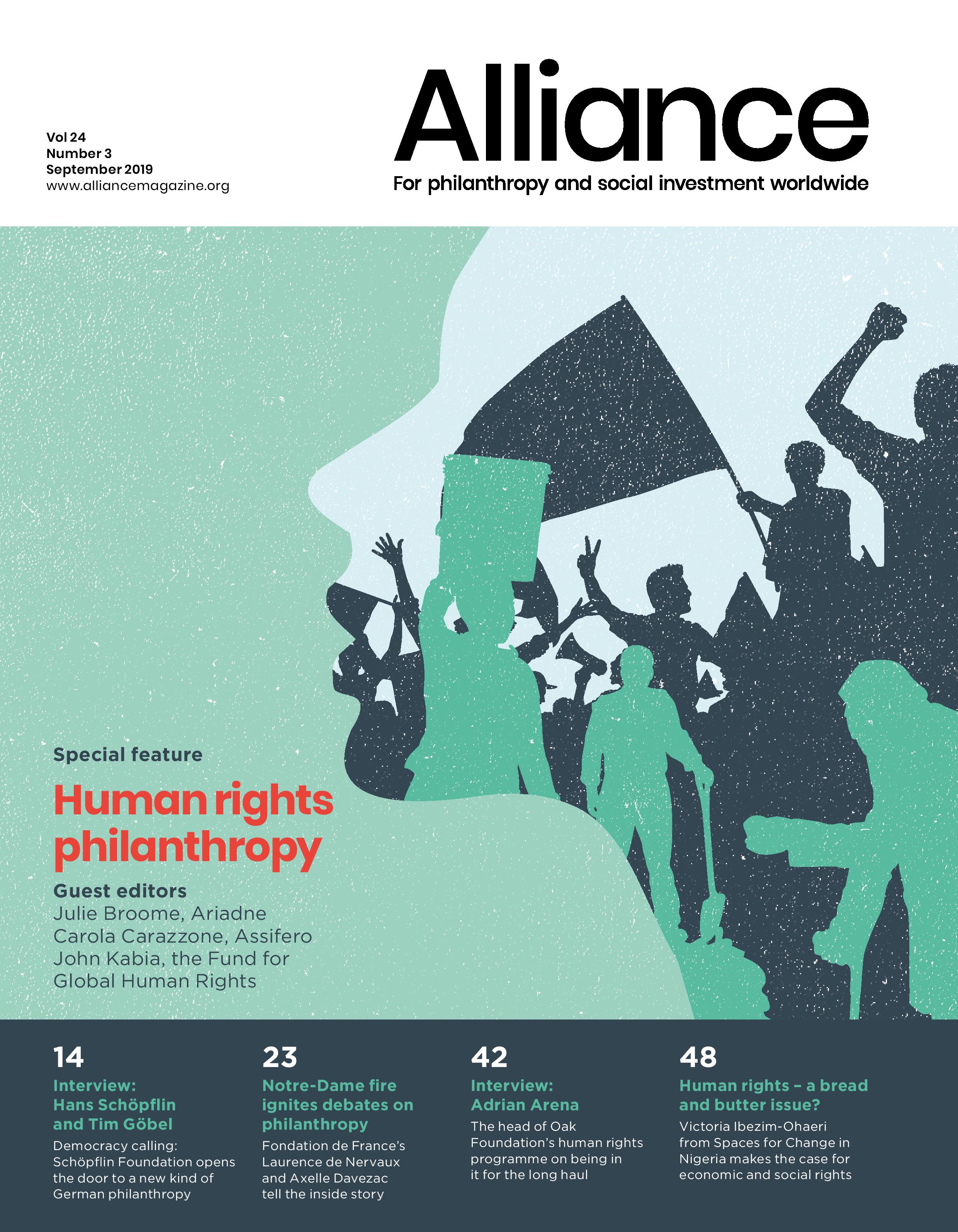 Reviewed by Dr Daniel Cooper, Menzies School of Health Research, Darwin, Australia
Reviewed by Dr Daniel Cooper, Menzies School of Health Research, Darwin, Australia
Under the Big Tree combines medical science, deeply human stories and a call to arms. The term ‘neglected tropical diseases’ encompasses a broad range of infections affecting more than a billion people, predominantly in low-income countries and traditionally attracting less research and funding than the big three: malaria, tuberculosis and HIV/Aids. Co-authored by Ellen Agler, CEO of the END Fund, and award-winning writer Mojie Crigler, Under the Big Tree tells the stories that often get lost behind the numbers, and emphasises that this group of diseases is ‘both a source and a result of poverty’.
Under the Big Tree focuses on the five most prevalent of the group, giving often first-hand accounts of how inspiring individuals are driving the movement to end these diseases. It isn’t a topic that would normally be expected to make someone burst into laughter, but Agler’s obvious warmth and humour shine through in the writing, with a genuine compassion that reflects the personalities of the ‘heroes’ whose stories she tells.
It’s difficult to appreciate the scale of the task of tackling these ancient infections. For example, Agler tells how onchocerciasis (also known as river blindness) meant that families living near an affected river had to choose to ‘stay and go blind, or save their sight but give up their means of growing food or earning money’. She then describes how a junior parasitologist discovered that giving the drug ivermectin to horses cured their worm infections, leading to trials in humans and eventually to the mass administration of the drug to people across 29 countries, entirely eliminating the disease in some.
Agler manages to vividly illustrate the realities of neglected tropical diseases that may often slip under the radar. Each chapter demonstrates how a neglected tropical disease is not solely an issue of an acute infection. The longerterm sequelae have an enormous impact that perpetuates human suffering and the cycle of poverty: blindness, chronic itching that drives people to madness, stigmatisation and a subsequent loss of employment or education to name a few. There are few who are more inspiring than those who work tirelessly to alleviate the suffering of another human being; however healthcare providers working in isolation can’t hope to eliminate infections such as Guinea worm. Agler demonstrates how this also requires buy-in from governments, NGOs, pharma and funders. By the end of the book, she makes you believe that eliminating these diseases, and the human suffering they cause, is not just a possibility but an eminently achievable reality.
This book highlights both the successes that have been achieved in the movement to end neglected tropical diseases, but also how much work is still to be done. It is a fascinating and uplifting collection of stories that demonstrate how low-cost interventions have the potential to dramatically alter the outcomes for some of the world’s poorest populations and ultimately, improve lives.
About the book
Published by: John Hopkins University Press
Price: $27.95 (Hardback)
ISBN: 9781421427232
To order: https://jhupbooks.press.jhu.edu/title/under-big-tree






Comments (0)